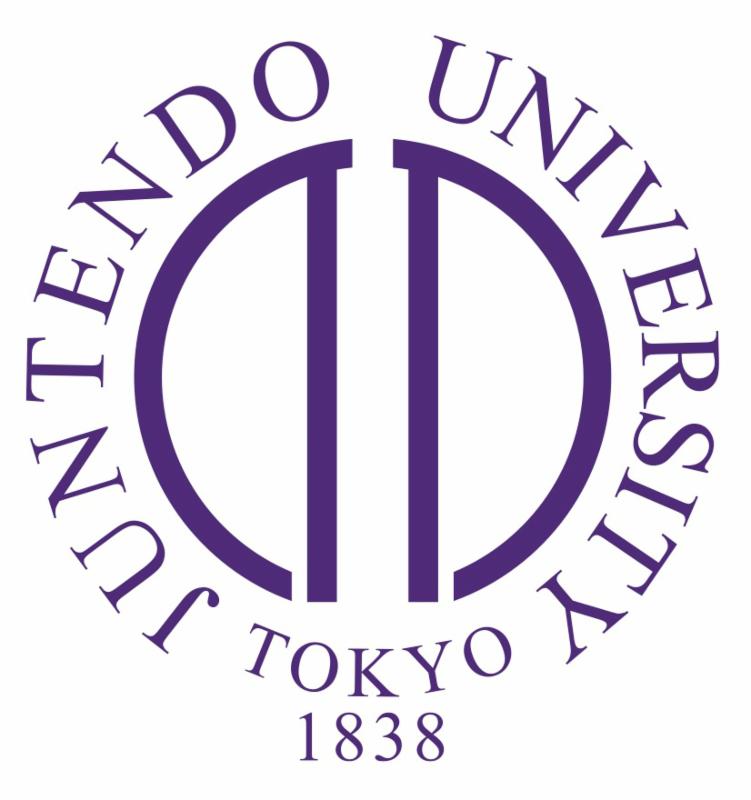Lymphatic Forum
in Chicago, IL
June 8-10, 2017
Chicago, IL
July 24-27, 2017
(new dates!)
|
Diamond Level
Welcome Reception Host
|
|
|
If you are interested in hosting Vasculata 2018 at your institution, please see the information on our web site and send in your application by January 20. Go to
www.navbo.org/vasculata-host
to download the proposal form.
|
The Lab of Dr. Diane Bielenberg
 This month we are highlighting the lab of Dr. Diane Bielenberg, who is an Assistant Professor in the
Department of Surgery, Harvard Medical School and in the Vascular Biology Program, Boston Children's Hospital. Find out more about Dr. Bielenberg's lab at
http://www.navbo.org/membership/members-labs/555-lab122016.
|
|
HHT Tissue Specimens Available
|
Anatomy Gifts Registry (AGR) has recovered multiple specimens from an HHT donor.
There is no cost to you at all, they just want to fulfill a donor family's wishes to impact HHT research.
AGR has samples (fixed and frozen) of liver, omentum, intestine, lung, suspected skin lesions, and pulmonary vessels.
All specimens appeared severely affected by the disease other than the pulmonary tissue. There were moderate to severe adhesions and some necrotic tissue noted during dissection in the abdominal cavity. The liver, omentum, intestine, and skin were in there preservative state at 0945. The lung and pulmonary tissue were preserved at 1230. All on 11/12/2016. The DOD was 11/10/16 and TOD 1348.
Please contact Corinne Bell at Anatomy Gifts Registry directly if you are interested in any of these HHT tissue specimens.
Corinne N. Bell, MS, RD, CTBS
Executive Director/ Chief Operations Officer
Anatomy Gifts Registry
|
Whither after the postdoc?
Maggie Kuo of
Science Careers has posted brief
accounts of the careers paths taken by five newly-minted postdocs, representing a variety of choices leading away from the research laboratory. Recognizing that there are many more Ph.D. holders than available tenure-track faculty positions, trainees often find themselves considering major career shifts. These five former postdocs now working in careers outside of research describe how they used their postdoc time to discern their strengths and career aspirations and to build the requisite skills and connections needed to secure rewarding non-research positions.
|
Welcome to our New Member:
Darci Fink, South Dakota State University
|
|
Recent Publications by NAVBO Members
|
| Increased plasma VEGF levels following ischemic preconditioning are associated with downregulation of miRNA-762 and miR-3072-5p
Scientific Reports
Ischemic preconditioning (IPC) has protective effects against ischemia-perfusion injury of organs. In the present study, the authors investigated the associated mechanisms after performing remote IPC (rIPC) of lower limbs by clamping abdominal aorta in mice. Read more Angiocrine Bmp2 signaling in murine liver controls normal iron homeostasis
Blood
Microvascular endothelial cells (EC) display a high degree of phenotypic and functional heterogeneity among different organs. Organ-specific EC control their tissue microenvironment by angiocrine factors in health and disease. Liver sinusoidal EC (LSEC) are uniquely differentiated to fulfil important organ-specific functions in development, under homeostatic conditions, and in regeneration and liver pathology. Read more |
Who owns commercial rights to CRISPR-Cas9 technology?
Attorneys representing UC-Berkeley and the Broad Institute of MIT and Harvard, juggernauts in both basic biomedical science and its application, are slugging it out in hearings before a panel of judges at the US Patent and Trademark Office to settle the ownership of key CRISPR-Cas9 intellectual property whose value may surpass $1E9.
Nature reports
that the USPTO judges questioned Berkeley's main claim that any reasonably skilled person could have adapted its bacterial technique for use in eukaryotic cells (as accomplished by the Broad patent awardees) once the Berkeley researchers had demonstrated that CRISPR-Cas9 could be used to edit DNA in a prokaryote.
Predictions are that the USPTO will issue a ruling in the case within the next two months.
Evidence-based medicine in the news
A list of "The Top 10 Censored Stories of 2015-16" has been assembled by
Project Censored
in an effort to highlight news stories deemed to have received insufficient attention considering their potential social ramifications. Number 2 on the list is "Crisis in evidence-based medicine," exploring the scrutiny currently coming to bear from all quarters regarding reproducibility in academic biomedical science and the perils of commercial influence. In mid-December,
The Boulder Weekly
featured an annotated version of the list's top ten, including "
Big Pharma political lobbying not limited to presidential campaigns" (#9).
A new form of cap for R01s?
Based in part on an analysis suggesting that per-dollar research productivity may diminish as labs become larger,
Michael Lauer, Chief of NIH's Office of Extramural Research, has raised the question of whether a cap on the total number of grants an investigator could receive would provide a means of
funding thousands more researchers,
particularly new and midcareer investigators,
without any drop-off in scientific output. The
National Institute of General Medical Sciences has such policies in place already, and an internal NIH working group is considering their broader deployment. (reported in
Science
)
|
|
Job Postings
|
|
Job Title
|
Company
|
Location
|
|
|
Northwestern
University
|
Chicago, IL
|
Postdoctoral Fellow
|
University of North Carolina
|
Chapel Hill, NC
|
|
|
UMR1036
|
Grenoble, France
|
Postdoctoral Fellow
|
University of Washington
|
Seattle, WA
|
|
|
|
| Look inside the IVBM Virtual Conference Bag |
|
|
Gold Level
Academic Supporter
 |
|
Silver Level Academic Supporters
|
|
|
|
Bronze Level Academic Supporters
|
|
|